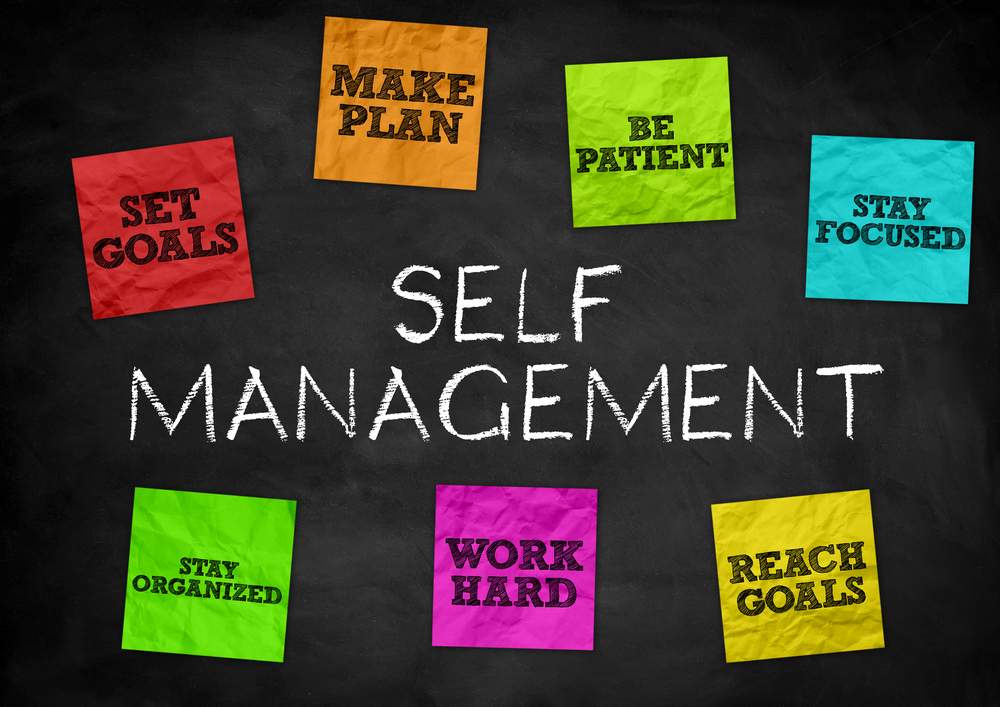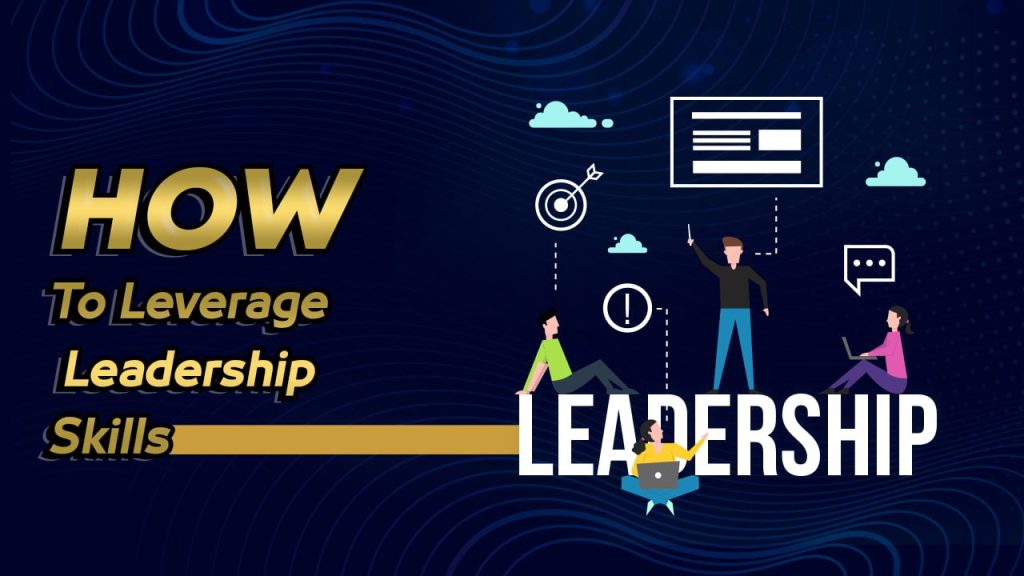In the pursuit of long-term success, mastering the art of self-management is akin to navigating uncharted waters with precision and purpose. This article delves into the intricate dance of self-discipline, goal-setting, and resilience, encapsulating the essence of “Self-Management for Success” and its profound impact on personal and professional fulfillment.

Understanding Self-Management:
At its core, self-management involves the conscious orchestration of one’s actions, thoughts, and emotions. It transcends mere time management, encompassing the broader spectrum of self-discipline, goal orientation, and emotional intelligence. Understanding the nuances of self-management is the foundational step towards sustainable success.
Setting Clear Goals and Objectives:
The journey towards success begins with a clear destination. Setting well-defined, SMART goals (Specific, Measurable, Achievable, Relevant, and Time-bound) is the compass that guides self-management. These goals serve as beacons, directing efforts and energy toward meaningful and achievable milestones.
Time Management Strategies:
Effective time management is the linchpin of self-management. Prioritization, goal-oriented scheduling, and the avoidance of procrastination are crucial aspects. Crafting a daily or weekly schedule aligned with personal and professional objectives ensures that time becomes an ally in the pursuit of success.
Emotional Intelligence and Self-Regulation:
The art of self-management extends to understanding and regulating emotions. Emotional intelligence, encompassing self-awareness and empathy, is pivotal. Self-regulation, stress management, and resilience become the tools that navigate the highs and lows of the journey toward long-term success.
Building Healthy Habits:
Habits, both positive and negative, shape the trajectory of one’s life. The cultivation of positive habits, known as keystone habits, influences various facets of personal and professional existence. Breaking detrimental habits and fostering constructive ones is a cornerstone of effective self-management.
Continuous Learning and Adaptability:
Long-term success requires a commitment to continuous learning and adaptability. The growth mindset, viewing challenges as opportunities for growth, becomes a guiding philosophy. Embracing change as a constant and seeking opportunities for learning ensures that self-management remains agile and responsive.
Effective Communication and Collaboration:
Self-management extends beyond individual actions to encompass effective communication and collaboration. Clear communication with oneself and others is paramount. Building positive relationships and collaborating with a diverse network contribute significantly to sustained success.
Overcoming Challenges and Resilience:
Challenges are inherent in any journey toward success. The ability to overcome setbacks, persist in the face of adversity, and demonstrate resilience is a hallmark of effective self-management. Acknowledging challenges as opportunities for growth fosters a mindset of perseverance.
Balancing Work and Personal Life:
A delicate equilibrium between work and personal life is essential for long-term success. Burnout, a common pitfall, can be mitigated through strategic self-care and a mindful approach to maintaining a healthy work-life balance. Prioritizing mental and physical well-being is integral to effective self-management.
Case Studies: Successful Self-Management Stories:
Real-life case studies provide tangible examples of individuals who have mastered the art of self-management for long-term success. These stories offer insights into the specific strategies employed, the challenges faced, and the lessons learned on the journey.

Conclusion:
The art of self-management is a dynamic and transformative force that propels individuals toward sustained success. It is the conscious cultivation of habits, the adept handling of emotions, and the strategic navigation of challenges that define this art. Mastering self-management is not a destination but a continuous journey towards personal and professional fulfillment.
Frequently Asked Questions (FAQs):
Q1: How is self-management different from time management?
A1: While time management focuses on organizing and prioritizing tasks, self-management encompasses a broader spectrum, including emotional intelligence, goal-setting, and the conscious orchestration of one’s actions, thoughts, and emotions.
Q2: How can I develop emotional intelligence for effective self-management?
A2: Developing emotional intelligence involves self-awareness, self-regulation, empathy, and effective communication. Practices such as mindfulness, self-reflection, and seeking feedback contribute to enhancing emotional intelligence.
Q3: How do keystone habits contribute to self-management?
A3: Keystone habits are influential habits that have a positive ripple effect on other areas of life. Cultivating these habits can lead to a domino effect of positive changes, contributing to effective self-management.
Q4: How can one balance work and personal life effectively?
A4: Balancing work and personal life involves setting boundaries, prioritizing self-care, and maintaining a realistic schedule. Regular evaluations of priorities and adjusting commitments contribute to a healthy work-life balance.
Q5: What role does resilience play in self-management for long-term success?
A5: Resilience is the ability to bounce back from setbacks and persist in the face of challenges. It is a crucial aspect of self-management, fostering a mindset of perseverance and adaptability on the journey toward long-term success.




